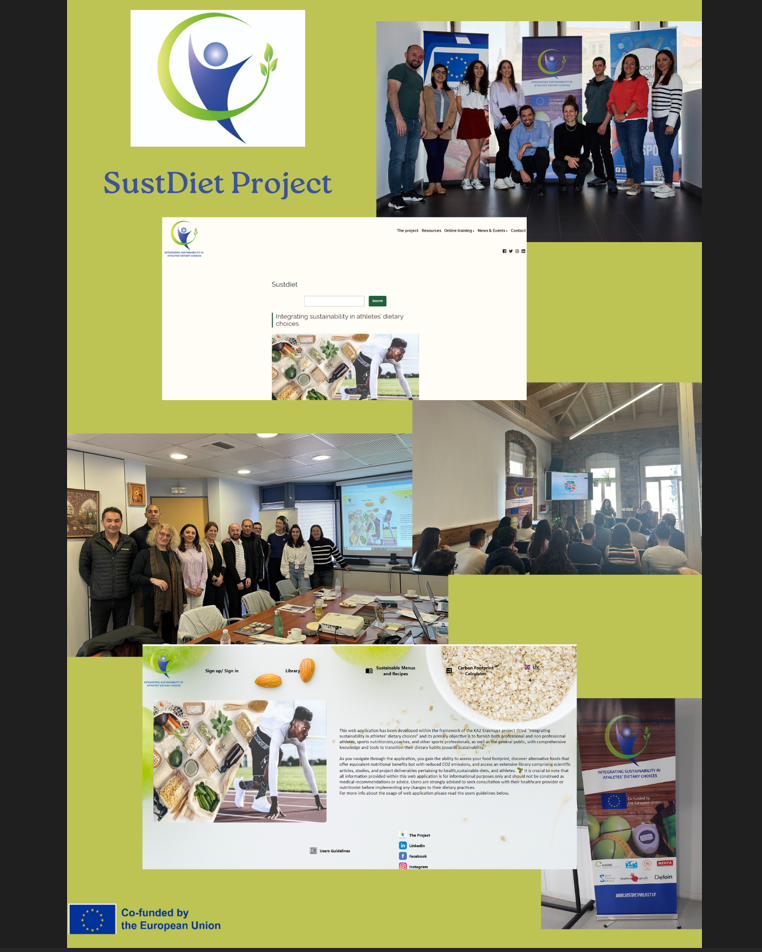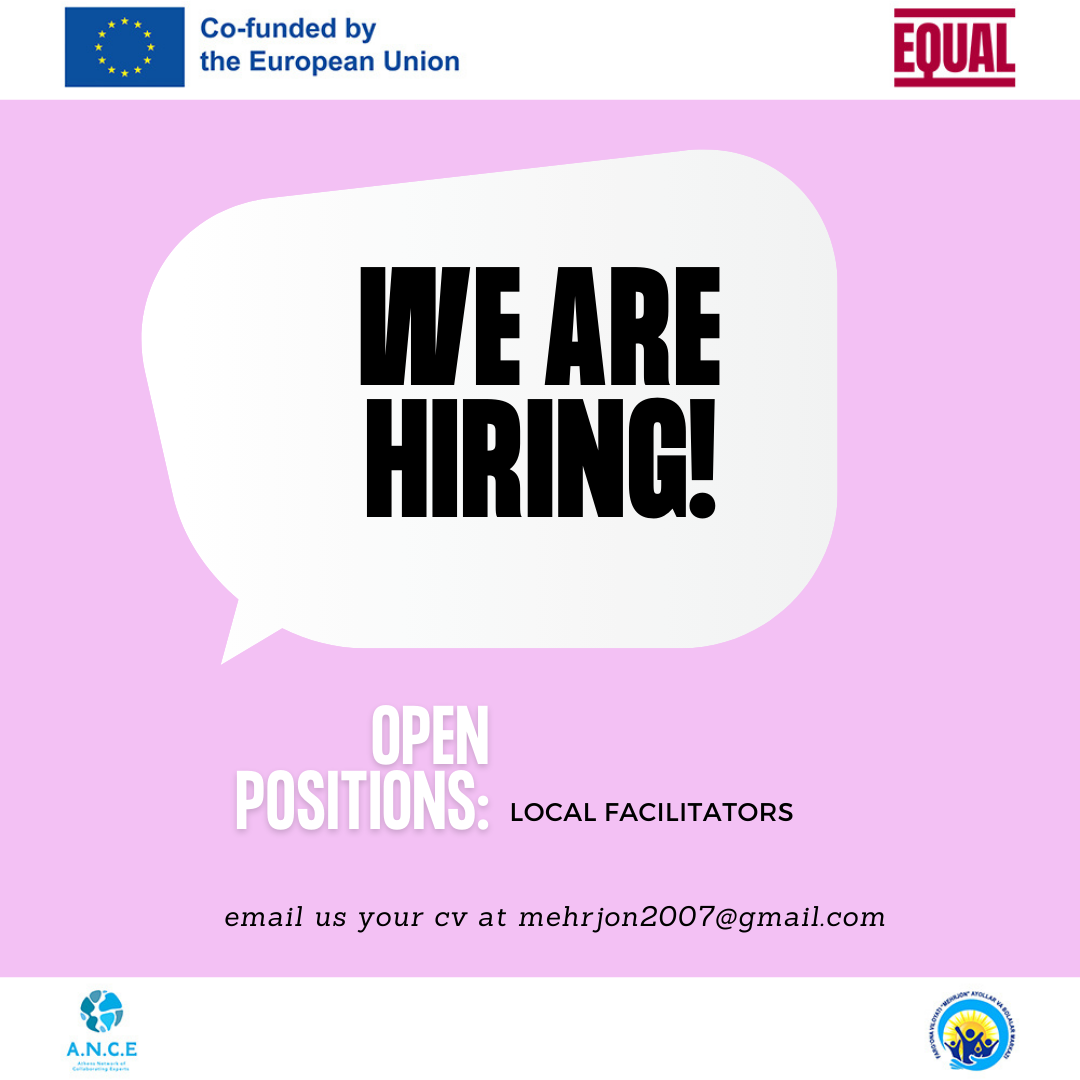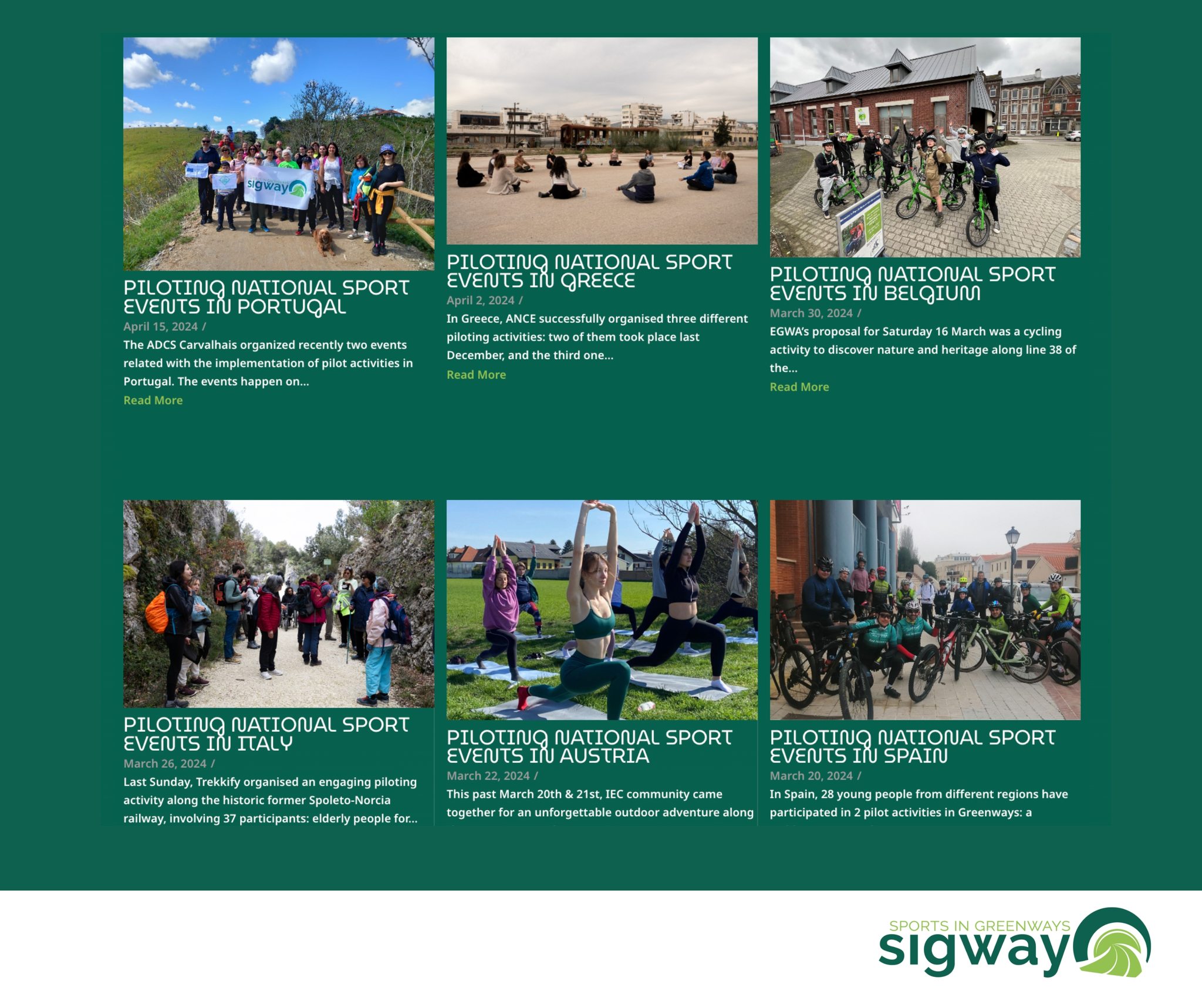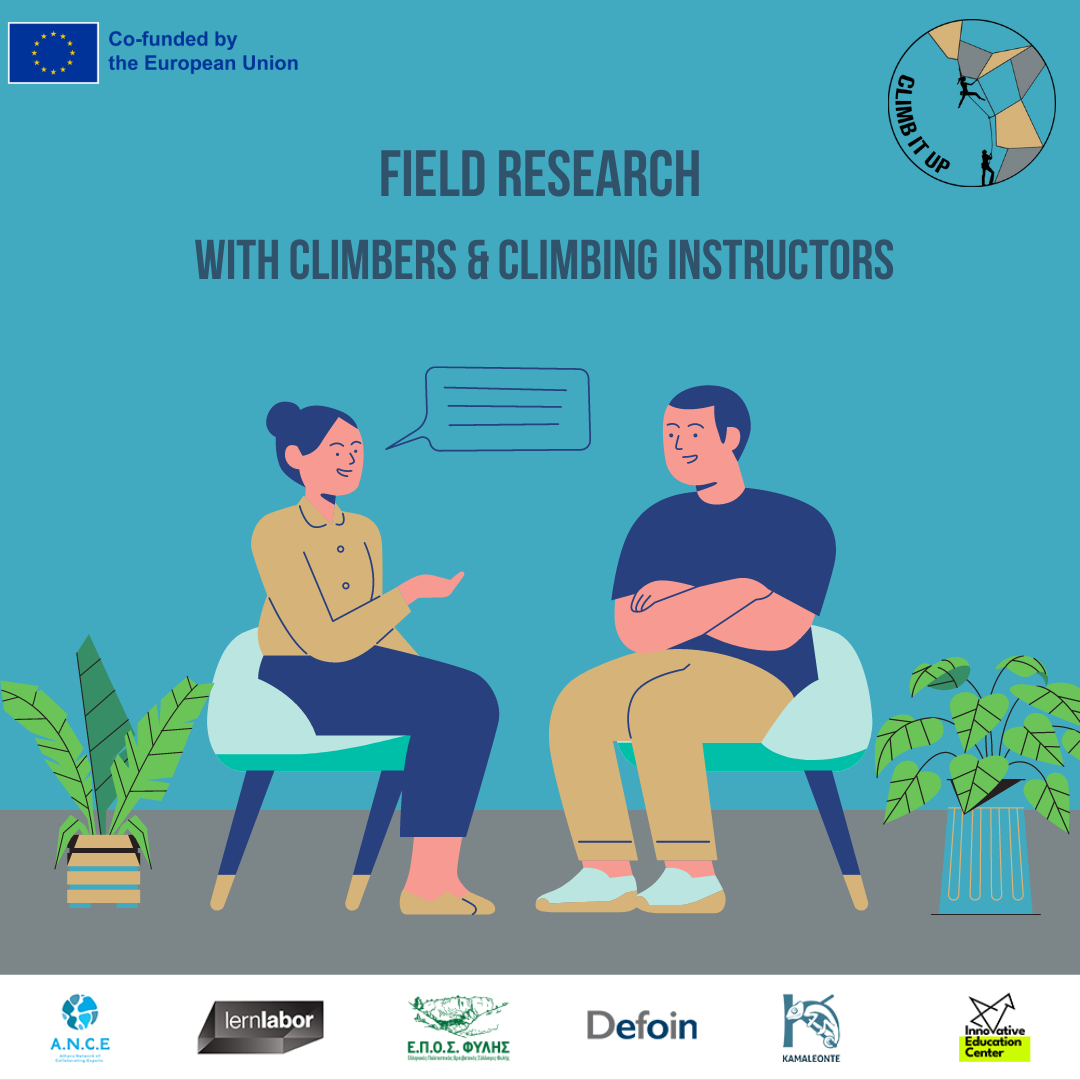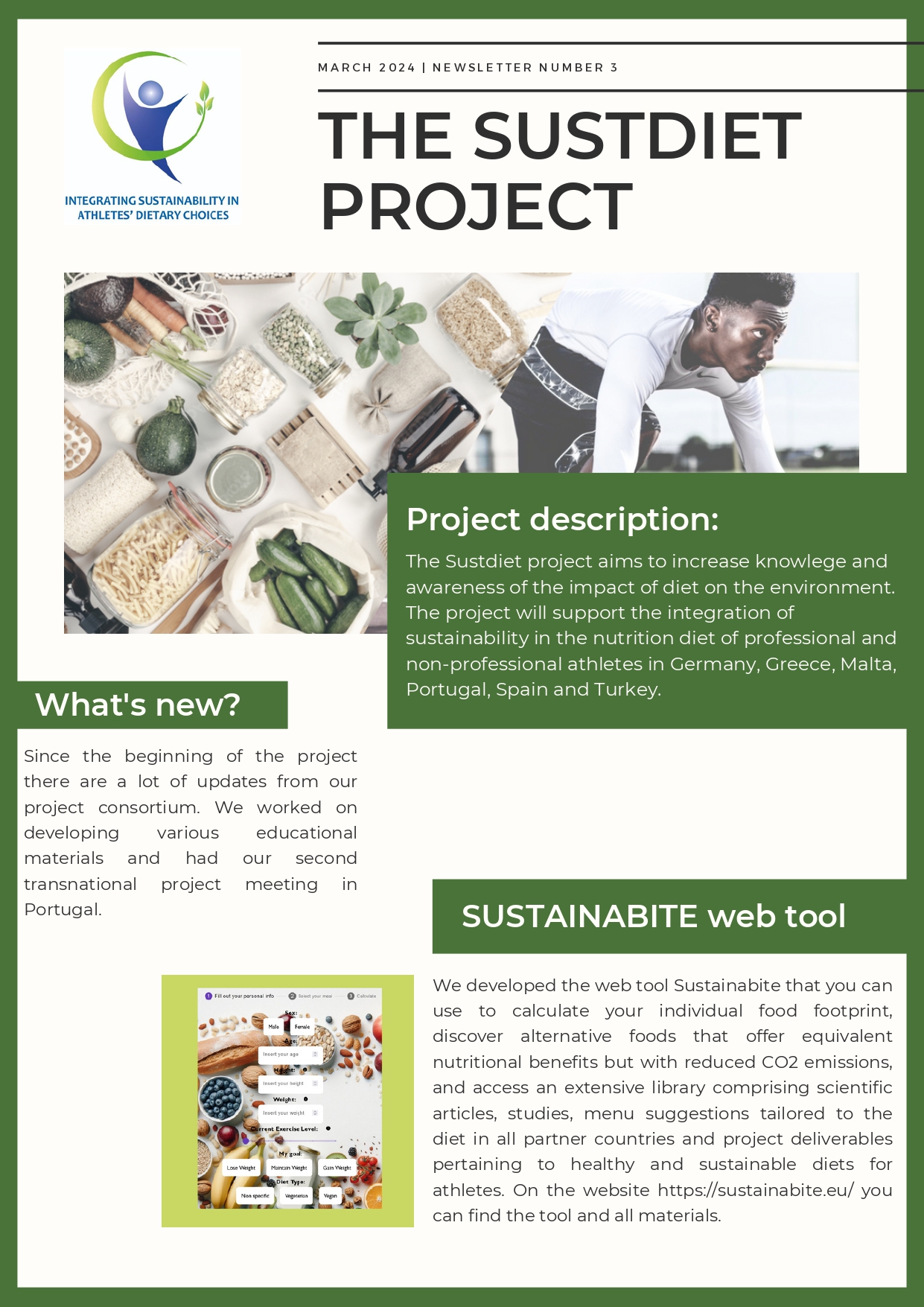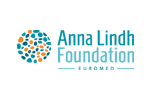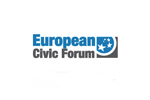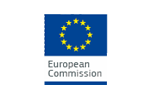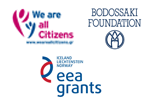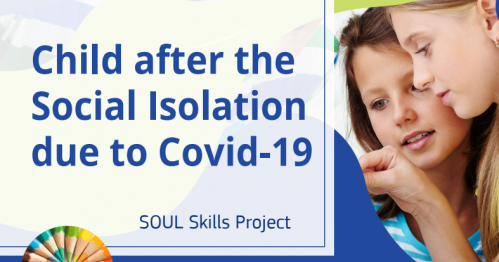
Soft Skills Outside of a school Learning Environment (SOUL Skills) is an Erasmus+ project implemented by 7 partners from 6 European countries (BG, IT, GR, ES, IS, FR). The main aim is to provide information about the effects of social isolation experienced by participating countries as a measure to mitigate the spread of COVID - 19 pandemic among children aged 6 - 12. In the context of the project carried out an analytical report and its main results are as follows.
This analysis aims to show how the global Covid-19 pandemic changed education within the project partner countries, especially at primary schools and points out some effects on 6-12 years old children. During pandemic most of schools and out of school training activities were closed down for relatively long periods and classical in-person education was transferred in distance learning Moreover, this change had to be made quickly and all actors: teachers, pupils and their families adapted to the new learning conditions by doing. The exception is in Iceland where only out-of-school activities were closed and most of schools functioned as usual.
In all partner countries, Covid-19 pandemic can be recognized as a catalyst that exposed key issues in education systems. The focus of the study was mainly on the 1) effects of Covid-19 pandemic on pupils’ behavior with an accent on soft (transferable) skills development and results of distance teaching/learning of pupils; 2) difficulties that teachers/educators faced in the process of transfer from face-to-face teaching to distant education. Development of soft transferable skills is a focus of the study as they have become increasingly important for today’s society as they determine the scope of competences for personal development, including potential capacity for future professional life. The study paid special attention on the parent’s participation in education of their children and what are the acceptable forms for collaboration between parents and teachers.
The effects on development of 7 transferable skills provoked by the restricted measures of the pandemic have been investigated. These skills were: comprehension skill (written and oral texts), analytical and critical thinking, responsible decision making and taking responsibility, evaluation skills, communication skills, creativity skills, curiosity, and emotional regulation. Each skill was described through descriptive behavior that can be easily identified by respondents- teachers/educators and parents. The study focused on online process of teaching/learning because governments managed for a short period to ensure needed working infrastructure for the majority of students.
The analysis is based on results of a comparative empirical study carried out in March-June 2022 – about two years after the start of the Covid-19 pandemic. The study collected both qualitative information and quantitative data. Target groups of the study were primary school teachers, educators at out-of-school training activities and parents of pupils aged 6-12 years old who experienced online teaching. The data collection method of the quantitative information was a questionnaire, distributed through google forms. There were two questionnaires – one for teachers/educators and one for parents. Both questionnaires had a set of mirror questions. Qualitative information was gathered via individual interviews. Summarizing the samples of the study, the two target groups were typical for the general picture of educators in all countries: the majority of educators are female, the largest group is teachers aged between 40-59 years. Respondents lived in well distributed the representation of town, cities and rural areas. In Italy most of the respondents were living and working in small towns and villages, and in Greece – the majority of respondents live in the capital. The distribution of parents was similar: almost all of them had completed a high level of education. The profiles of respondents from Italy and Bulgaria shared the most similarities in between. Thus, the typology sample of the study reflects the general picture of the social groups – target group of the project. The received data could be compared as well as to make some conclusions related to the over-all professional group – educators.
The study revealed, based on analyzing the reasons for the impaired learning the following conclusions:
- There were significant gaps in academic knowledge identified and even worse was the development of soft transferable skills. Skills such as decision-making, comprehension, self-expressions, among others, have been negatively affected by school closures. Moreover, returning back to school pupils were distracted, bored and stressed with communication problems. Pupils in 1st and 2nd grades have lost comprehensive skills and learning habits.
- There is no ability for pupils to participate in online lessons without synchronic support of adults. They became very quickly tired, lost interest, accepted lessons as a game, didn't have learning attitude as they stayed home. Pupils had difficulty to understand the distance teaching and always needed lessons to be explained by the parents after the online lessons. Parents were no educators: some of them could be supportive, others could not. The result was a loss of a lot of academic knowledge and skills.
- A special study space must be created at home during online teaching and so pupils can make differences between home as a space for relax and games and time at home for studying. Thus, in general learning could be more effective, including online one. Teachers can help parents to establish the learning home space;
- The role of parents in the education of their children has changed. In different communities it is on various stages but still in establishment. Parents understand that should become more involved and responsible for education of their children, to collaborate with teachers, to communicate more with children.
- Online learning goes together with social isolation that provokes lack of communication with peers and adults outside of the family, thus emotional intelligences suffered a lot.
- Existing social situation based on Covid-19 pandemic as unknown and unpredictable danger for people creates tension and fears of children as well. Indirectly it influences the motivation for studying.
Online teaching was a period of rapid lessons transformation and style of teaching from a traditional in-class form to virtual one. Teachers faced a lot of difficulties that had to overcome mainly through self-learning and collaboration between colleagues. The good was that needed infrastructure had been prepared and it was not a task for schools. School responsibilities were to qualify teachers for distant education and to support them to teach in the “new normal”. Organized numerous online training courses were not very helpful for practice. Time to get qualified to teach online was limited and teachers were in a situation “learning by doing”. Teachers had no problem to use digital platforms, but huge problem was to get real feedback from the virtual class and to evaluate the achieved knowledge and skills by pupils. The known tools for evaluation were not applicable, and the new ones were not available yet. Totally new and unknown to the teachers was also the process of organizing and keeping active participation of pupils during online lessons, and to organizing team work and collective activities during virtual lessons.
Study reveals also some positive effects of online education during social isolation periods and the Covid-19 crisis. In summary, the major general positive effects are:
- Collaboration between teachers and parents increased. Parents started to look for teachers’ advices and helps and also understood that should be supportive to teachers.
- Online teaching stimulates teachers to improve their knowledge and skills to use IT during lessons and to make it more attractive and understandable for the pupils during teaching in-class.
- Children learned that digital devices could be used not only for games but to help to find and understand different new information including - learning lessons. Thus, the first steps for self-education were introduced to the pupils.
- Educational software is rapidly developing, digital communication tools and platforms are developing as user friendly tools. The opportunity to incorporate digital technologies as an educational tool in the environment of the "new normal" is increasing.
- Online teaching is an option for students with special educational needs to continue to study when they cannot be at school.
Covid-19 pandemic and online teaching made visible fundamental pedagogical issues: the role of free (unstructured) learning time and its significance for creativity development of pupils, what is the optimal balance between “free” unstructured teaching time and a structured lessons environment time. Practice shows that unstructured or “free” study time is the time for deeper understanding of the reality, looking for available solutions; it is the time for making sense of the new information. Some schools experiencing new teaching approaches already pay attention on monitoring the so called unstructured study time and try to investigate when and how it is sensible and rational to be implemented.
Analyzing the study results the conclusions are: teachers’ predominate opinion was that pupils had lost a lot of academic knowledge and transferable skills during school and out-of-school closures; blended teaching in the form that it was carried out could not compensate the studying at classrooms. Mechanism for pupil’s evaluation has to be new and to assess also the stage of skills development. The important role of parents for education of their children was understood by both: teachers and parents. Collaboration had started but it has to be further stimulated.
You can read the analytical report of the project here


